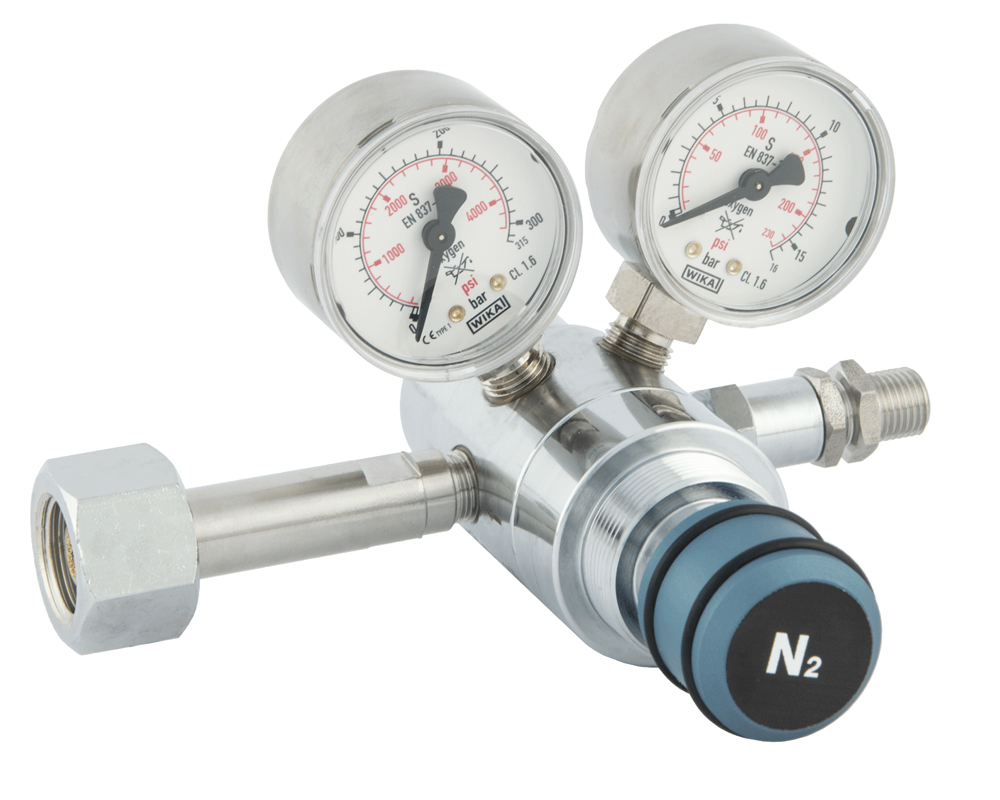Sustainability might be the last thing on your mind when planning a successful event. Of course, you’d first look for venues and partners that’ll best suit your budget and event needs. Finding a green location or reducing food waste and packaging isn’t necessarily a priority for some.
But environmental sustainability in events isn’t just a trend — it’s a responsibility and a movement in its own right. There has been a growing concern over the far-reaching effects of pollution and climate change. These phenomena urge more brands and organisations to adopt an eco-friendly approach in many of their activities, including events.
The Key Benefits of Hosting a Sustainable Event

1. Sustainable events benefit the environment and the local community
On average, an event attendee produces around 1.85 kilograms of waste per day and such waste ends up in landfills. For instance, music festivals that draw a massive crowd usually generate 23,500 tons of waste that include food, paper, and plastic packaging, and more. Even audience travel can contribute to the earth’s air pollution.
One small event may not drastically impact the environment but imagine the impact if brands and businesses do this all the time. Help break the cycle by opting for a more eco-friendly approach.
2. Sustainable events can create positive brand awareness
Aside from helping with environmental protection, sustainable event planning also benefits your brand image. Presenting your brand as eco-conscious helps you attract a larger crowd and create positive brand awareness.
3. Sustainable events are more cost-efficient
For one, cutting down on waste means cutting down on costs too. The core of sustainable event planning is about producing less waste. These include wastage of food, packaging, decor, marketing materials (like paper), and energy consumption.
Ready to hop into the go-green movement?

Make your future events more eco-friendly and sustainable. In this article, we’ll list down simple steps you can take to plan an environmentally friendly event.
1. Hire sustainability-minded partners and vendors
After making sustainability a priority in the pre-planning stages, the next step is to hire partners who are on board with your sustainability goals. Think about decoration vendors that use recycled materials or caterers that adopt certain practices to reduce food waste.
Ask them about their event sustainability practices. If you can’t find event partners that already have a proactive sustainability approach, take that as an opportunity to engage them in your eco-friendly efforts. Work closely with them to make sure all materials won’t go to waste.
2. Patronise green event venues

What makes a green event venue? Ideally, you want to find a location that harnesses renewable energy or utilises energy efficiency solutions. You may also check if the venue holds any sustainable certificates from third-party organizations like LEED, Green Key, or Green Leaders.
Aside from these bright green flags, you may also consider the following factors:
- A conference venue located near the city centre with easy access to public transportation
- Event venues in cities that support sustainability initiatives.
- Availability of outdoor events spaces and meeting rooms with large windows, encouraging the use of natural lighting and ventilation.
- Venues equipped with energy-efficient systems and good waste management operations.
Also read: The Complete Guide to Planning a Wedding in 2022
3. Minimise the usage of paper
Ditch paper-based marketing materials, invitations, tickets, and feedback forms. If your attendees are mostly tech-savvy, just make everything digital-based. Think about setting up digital ticketing, sending invitations via email or social media, using digital signs, and creating an event app for communicating essential information.
If using paper is inevitable, the best thing you can do is opt for recycled or upcycled ones.
4. Opt for sustainable catering
When hiring catering services, it’s not enough that you go for the ones that deliver the most delicious meals. It’s equally important to work with a catering partner with sustainable initiatives.
- Go for menus that use local and seasonal produce.
- Order the correct amount of food.
- Encouraging your attendees to take home leftovers using biodegradable packaging.
- For on-site dining, skip disposables and go for reusable plates, glasses, and utensils.
- Support catering services with organic waste collection.
- Avoid handing out plastic water bottles and individually wrapped items. Instead, place glasses and water pitchers or dispensers in the meeting space.
5. Give out sustainable souvenirs
Planning to give souvenirs that carry your brand’s identity? Make sure they’re practical, useful, and made from eco-friendly materials. You can also support local craftsmen that use sustainable materials like recycled cotton or bamboo.
6. Plan for proper waste disposal

Effective waste management is key to eco-friendly event planning. You don’t just place a couple of trash bins throughout the venue and call it a day — those bins need to be labeled and placed properly.
- Determine the traffic flow of your event and place bins in convenient areas.
- Label the garbage bins accordingly (organic, recyclable, hazardous, and general waste).
- Not all people know which items are biodegradable or not, so make sure to accompany them with clear graphics.
- Collect multiple streams at one station.
7. Reduce your event’s carbon footprint
- Plan an energy-efficient event. Opt for a daytime event at an outdoor space or use a function room with large windows to keep your lighting usage to a minimum.
- If possible, set up group transportation or carpooling options to minimise the pollution caused by audience travel.
- Enable energy-saving features for light, IT equipment, and other electronics in meeting rooms
- See if you can host a hybrid event to give attendees the option to participate virtually.
Also read: 9 Tricks to Getting a VIP Treatment in A Hotel For Cheap
8. Let everyone know about your sustainability goals
Involve everyone in the movement, from your team and third-party staff to the attendees themselves. Include this information in your event programs, invites, promotional materials, and social media. This helps generate buzz and encourages people to actively participate.
Cheers!
Author Bio: Carmina Natividad is a passionate writer for Meet in DCU, a unique conference venue in Dublin that is perfect for corporate meetings, conferences, seminars, and events. Writing articles about travel and lifestyle is one thing she finds enjoyable, next to playing the piano.




